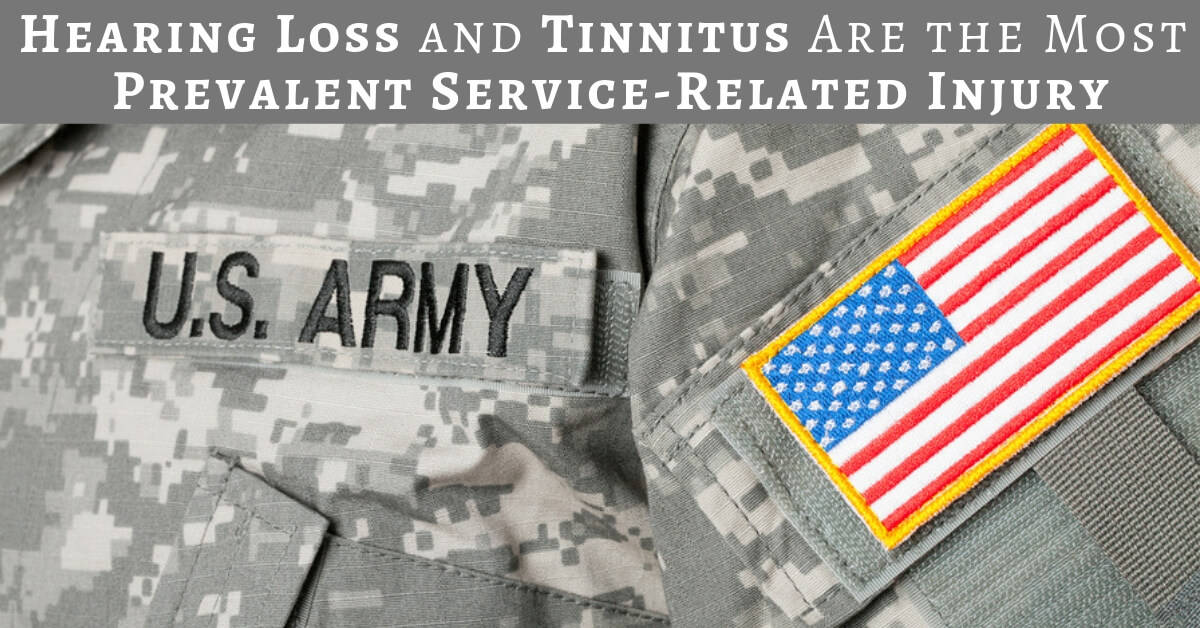We are surrounded by noise in nearly all areas of modern life. If you work in construction, an industrial setting, the music industry, at an airport, or in a restaurant or sporting venue, it is possible that your hearing abilities have been affected. According to the Centers for Disease Control and Prevention, approximately 22 million of us are exposed to hazardous levels of noise on the job — making hearing loss the most common work-related injury.
The most common occupational hazard
Noise is one of the most common occupational hazards in many workplaces. This is especially true in industrial settings, where there is often constant background noise that increases the danger of permanent hearing loss for workers. Most people think that you can permanently damage your hearing only when exposed to an extremely high level of noise, such as an explosion. Hearing damage can also occur gradually, at much lower levels of noise if you are continuously exposed to it.
How many decibels are too loud?
A continuous noise level of 85 dB will result in hearing damage and either cause permanent or temporary hearing loss. This is the sound level of heavy road traffic. Compressed air hammers have a sound level of about 100 dB and rock concerts almost always reach 110-120 dB – the same sound intensity can easily be produced in headsets when you listen to your stereo.
Exposure and Tinnitus
Exposure to noise and high sound levels can also result in tinnitus – a constant sound in your ears or head. Most commonly, tinnitus is caused by exposure to noise. Working in noisy surroundings for many years without using special protective equipment increases the risk of developing tinnitus as well as hearing loss. Anybody can suffer from ringing in their ears after exposure to excessive or loud noise. When this happens, it is advisable to seek quieter surroundings or wear hearing protection.
Use hearing protection
Earplugs or other hearing protection often prevents tinnitus that otherwise would be caused by excessive noise. You should always wear hearing protection when subjected to loud noise, even if you do not find the noise uncomfortable. Hearing loss at higher frequencies is often painless, and the most common result is tinnitus. You should also bear in mind that the damaging effect on the hair cells in the inner ear is accumulated over time. After constant exposure to excessive noise, it takes less to develop tinnitus or hearing loss. Even a single incident of exposure to an extremely loud noise, such as fireworks or other explosions or a gun shot fired close to the ear can trigger hearing loss or tinnitus. Workers who suffer the most from hearing loss work in jobs with moderate noise levels, not high. Why? Because they’re less likely to wear hearing protection than those who work in high-noise environments.
The right fit matters
Poor fitting hearing protectors will prevent you from obtaining proper protection for your ears. The hearing protection devices manufacturers came up with a multitude of solutions for every possible situation in a workplace. Ear-muffs can now be equipped with a headband, a behind-the-head or under-the-chin band, and a neckband. Some ear-muffs can be mounted onto hard hats and welding helmets. When ear muffs are worn in a hot environment, users might want to temporarily remove the ear muffs to wipe the sweat from their ears which leaves the ears unprotected. In this case, the risk of deterioration of hearing could be increased by up to nine times. In such warm environment, the solution is to use both ear plugs and ear muffs simultaneously. There are several types of ear plugs that you can choose for your application: pre-molded, custom-molded, corded, disposable or reusable.
Get your hearing tested today
If you think your hearing might have been injured on the job a hearing test can help. Our team is equipped to determine whether a hearing loss is present and offer treatment options. They’re also there to consult and discuss any concerns you may have about your hearing loss and its impact on your daily routine. If it’s been years since your last hearing test, consider taking one soon and contact us at Desert Valley Audiology!

